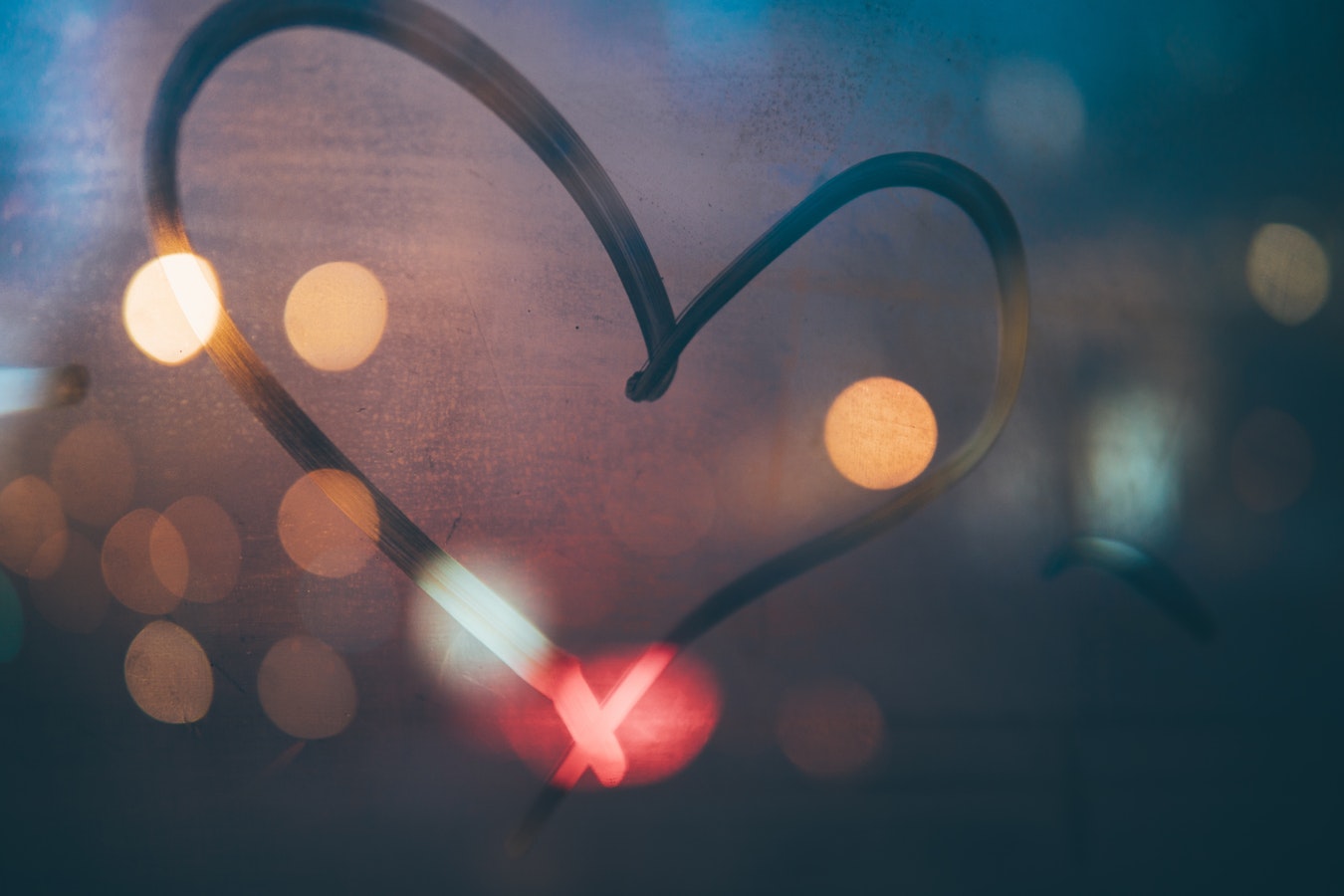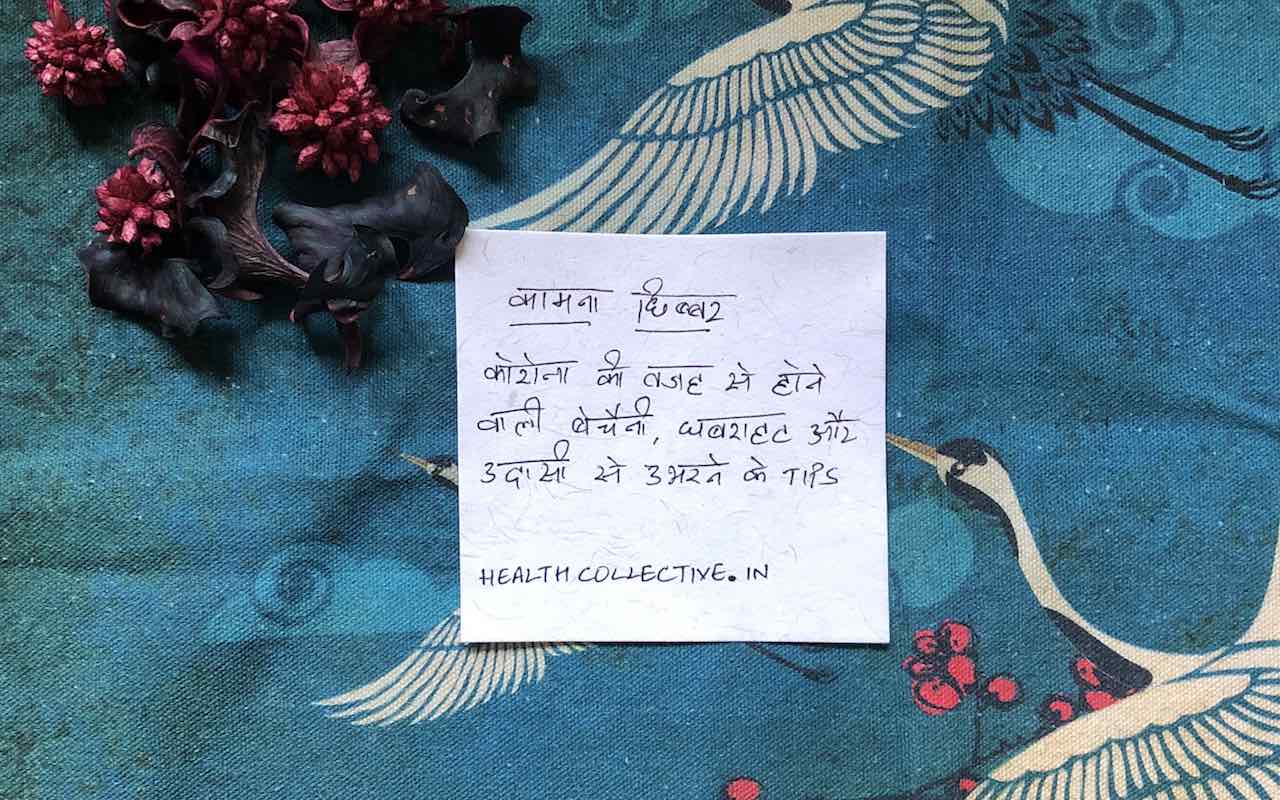Love, Understanding, and a Boyfriend with Bipolar Disorder
By NN*
I fell in love when I was 19. A seemingly innocuous statement that could have underlined the life of any person in the last year of their teens. But when I write love, I mean it was really love. The kind that matures over years of being together, tethered by a shared life and the love that binds you, yet gives you ample freedom to tread your own journey. Only, it took us all of three months to get there.
It was a rapid process of falling for an extremely bright, relatively shy and handsome boy in my college, who was pleasantly and utterly different from all the crushes in my admittedly brief series of romantic pursuits. Despite abiding differences in our intellectual and emotional backgrounds, different experiences of growing up – with him certainly in a more evolved space than I – he encouraged our relationship to be on equal terms. Nineteen is hardly an age for a nuanced understanding about how important that is to any relationship.

No wonder, then, that my time with this academically remarkable, sporty, immensely kind and ridiculously artistic person, was an exceptional one. I have to say, I never placed him on a mental pedestal, though initially I did try, he managed to unravel this odd complex reverence and tuned our relationship such that it was always balanced and fraught with mutual admiration. And it stayed that way for the next 13 years.
Being in the company of someone extremely bright, didn’t once make me feel weary. In fact, I often joked that he would excel at everything – being a consultant, a journalist, the Prime Minister, a janitor – just anything. And that I would celebrate and welcome any of that.
ALSO READ: How To Travel Light, an Interview with Shreevatsa Nevatia
What came with these intensely bright years were a few over the top incidents. We were in college, though, and outrageous behaviour was often seen as a badge of honour. Breaking furniture in the hostel for fun, drunken nights, near-savage ragging, missing classes, lack of punctuality or order in your life, only made one more popular.
Largely, I remember his time in college as him being outstanding at everything he did. I was particularly intrigued by his artistic abilities – sketching with charcoal – and the confident nonchalance to tear it all up in a moment. Everything about him added up to make me fall deeper in love and sure that our relationship would endure anything.
Despite that, despite a deep understanding of each other and a hearteningly real relationship, we couldn’t fathom – individually or together – the cause of what was brewing in his mind. It was a mix of anxiety and deep-rooted depression manifesting in simple things like not being able to wake up in time, not showing up for things and feeling desperately alone, despite my being around.
ALSO READ: What It’s Like to Live with Bipolar Disorder
Together and with the help of his mother, we attributed it to remnants of a broken home and the emotional upheaval that was surfacing years later — his parents had parted in a non-amicable manner when he was about 11 or 12.
Professional help soon followed and over the next couple of years, the words manic depression, mood charting, OCD, bipolar and lithium became part of my lexicon. Words that had never knowingly impacted my world before were going to define my life.
I’ll skip a few ‘passionately in love’ years of a long distance relationship to a time when I was fully integrated with his family, got an opportunity to stay with him for 3-4 months and was absolutely attuned to this mental health condition.
In all the years that followed we discussed the deeply dark side of his mind and the guilt, anxiety and mood swings that came with it and how we could deal with it together. By then, Stephen Fry, Kay Redfield, Carrie Fisher, Jerry Pinto and many others who had touched on the topic were part of our reading, watching and listening.
We were always switched on to the topic, with healthy discussions and enquiries into it. His mother had a massive role to play in this openness and creating this space. Bipolar can be large and boulder-like, and can weigh on the person with the condition and the family around to unimaginable depths of helplessness.

Fortunately, I can only remember a handful of times, when our world spiralled temporarily out of control. Even when he had to drop out of higher studies midway, only to reboot and join the best educational institutes in the world later on. Even when he wouldn’t move for three whole days from his room or not be able to be present to me at all times.
The timely medical attention, support from family and more than anything else, his own desire to keep his chin above the water, helped us wade through anything that came with being bipolar.
Years of a long distance relationship and an unfortunate unraveling of our deep and mutually respectful relationship, altered from the context of being romantically inclined, to a renewed friendship that we will cherish forever. We broke up after 13 years, but that had absolutely nothing to do with his condition. Despite many suggesting that it was tough work being with someone who is diagnosed with a bipolar condition, for me it was always a prominent pillar that had held our relationship strong even in troubled times.
ALSO READ: Breaking Up and Moving On: A Psychologist’s Perspective
In turn, I was and always will be thankful for being richer for an experience of being an ally for so long. I could never be more grateful to him and his family to let me into his fragile and dark world and make myself productive in the process. I recall this with utmost humility, as he often told/tells me that I was of great help and support. More than being a supportive girlfriend, being an ally opened my world and mind to several things. I feel like my heart grew stronger with this exposure. Not only was it an expansion of my feelings, but also the brain. This was a period to soak in the information around mental health and how it was impacting so many people around us. I began to clearly see the taboos and how it was so difficult for people to navigate through society.
The other critical navigation that was happening at that time was that of my own emotions around it. I can’t reach for the exact feelings now, but the blur had a fairly clear accent to it. I was so sure that this did not make me weak, uncomfortable, embarrassed or unsure. In fact, I found strength and confidence in myself, while dealing with it on a daily basis. At some level, it made me even surer of the relationship, not in an overcompensating messiah sort of a way, but in my inadvertent confidence to stick around despite it. It taught me how to build up my partner, even in times that were not socially ideal or be able to stand up for him, and us, in turn.
Love had a new meaning. It didn’t lie in discovering new music, books, people or places together. It was heartening to feel that the love was not based on any romanticism but with the reality of being in the company of a severe mental health condition that could potentially stir our life on a regular basis. It didn’t make me pre-empt any cracks. It only made me feel stronger in my ability to handle situations that would be tangentially related. It could be a loss of job, financial stress, ailing parents or just simple fatigue of life.

Over the years, I inadvertently find myself lending a voice to mental health in a variety of situations. This is not only limited to being able to understand or lend an ear to someone who is medically diagnosed, but to be deeply and fully sensitive to whoever might be going through a vulnerable time. It has ended up in many people trusting me with their thoughts, without feeling judged. And that has certainly helped in urging them to get professional help. For those who have been diagnosed with a medical term, my giving them a positive example to go by has always helped in them feeling more confident to handle their own condition.
Over the years, I have seen my now ex-boyfriend relentless about his future, determined to do well in life and not let bipolar dominate everything. We marvel at his lighthearted way of dealing with it, not so much on difficult days, but always being able to turn things around when they look bleak. He is currently studying in the world’s most revered institution for public administration, with an unstoppable need to wring out the best that life has to offer.
Of course, he has an extremely supportive family to help him function and a set of friends that offer comfort and rootedness. Our friendship restored, we find ourselves in an excellent place of having renewed our bond, which has given me fresh eyes to understand the notion of love and togetherness.
If I had a few things to say to my younger self, or to anyone who’s going through something similar — a girlfriend, life partner, friend, sibling, it would be:
- Educate yourself on the subject
- Seek counselling to offer relevant support to your partner and yourself
- Never ever be afraid to be in a relationship with someone suffering from a mental health condition
**N chooses not to disclose her identity. She shared this story with The Health Collective, in an effort to raise awareness and help defeat the stigma, and did discuss doing so with her ex-boyfriend
Do tweet us @healthcollectif with your comments. Let’s keep the conversations going.



